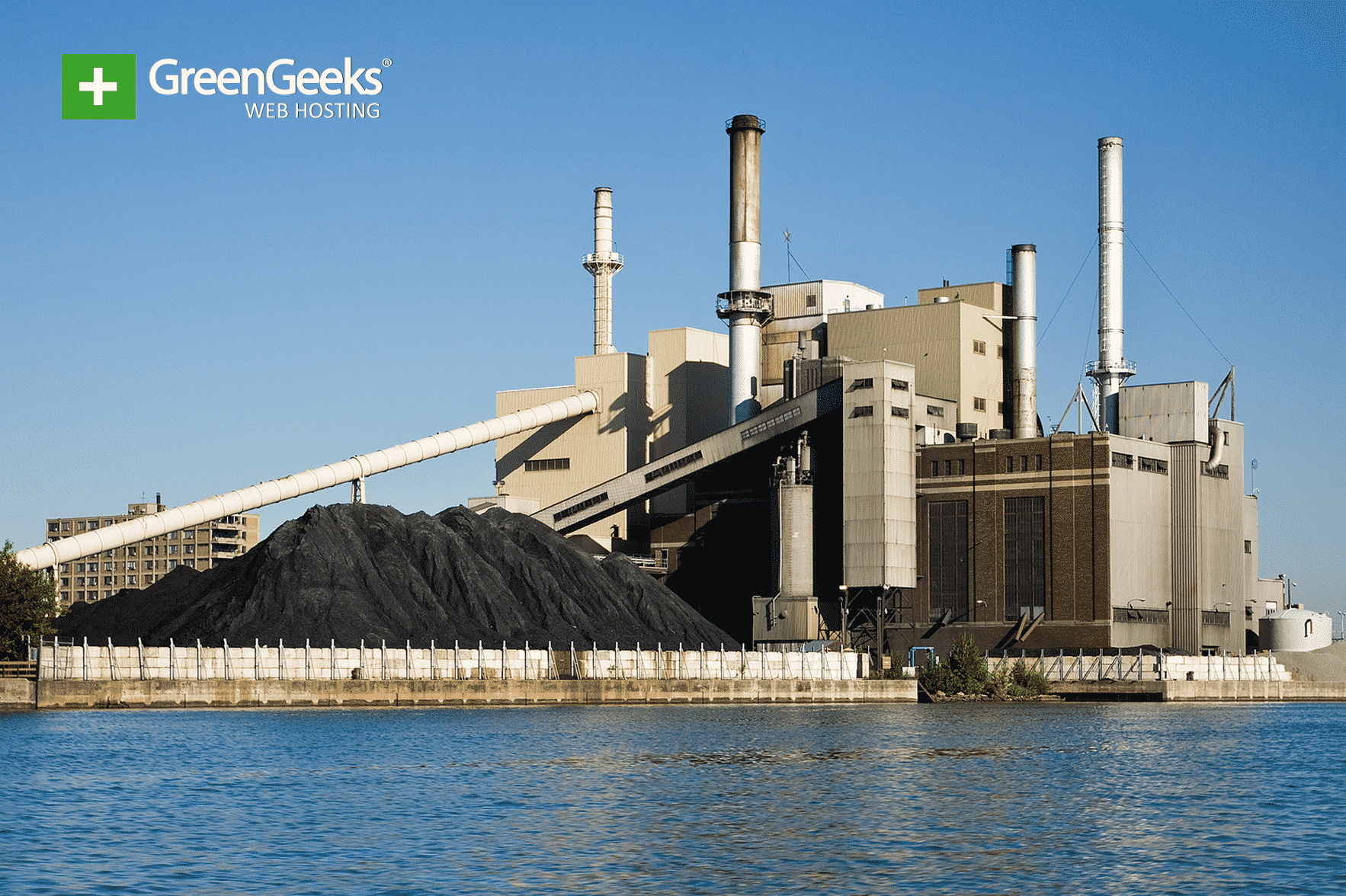
From May 1st to May 8th, the National Grid’s Electricity System Operator (ESO) has stated coal generators were turned off. This is the first time since 1882 when they were invented that there was no power from coal in the UK.
In order to fight climate change, the UK is committed to zero emissions in its energy sector. It plans to reach zero carbon emissions by 2025 and this test proves it is well on track.
Why Is This A Big Deal
Coal has powered the UK and many other countries throughout history, but that is changing. Coal is a huge carbon dioxide emitter and most nations are slowly, but surely, replacing it with renewable energy sources.
In the UK’s case, they have significantly stepped up their solar and wind energy generation. On top of the price of these renewable energy sources shrinking, their efficiency is increasing and don’t produce emissions.
However, coal is not just losing its throne from renewable energy. Cleaner and cheaper fossil fuels like natural gas have quickly replaced coal in many places. Coal has a very bleak future ahead of it, which is for the better in fighting climate change.
Where Did The Energy Come From
Clearly, if coal wasn’t producing energy, something else was. Over the course of the week, 23% of power came from renewable energy sources (wind, solar, hydro, biomass), 46% came from natural gas, and 21% came from nuclear.
While natural gas still emits greenhouse gases, this is a step in the right direction. Thanks to investments in offshore wind farms, renewables are expected to grow considerably in the next few years.
Future Plans

The UK is a world leader when it comes to the battle against climate change. Their energy goals are part of a much bigger plan. The country plans to have net zero emissions by 2050.
Getting the energy sector to move away from coal is essential to meeting the goal. However, there is still a lot of work ahead in order to meet energy expectations.

